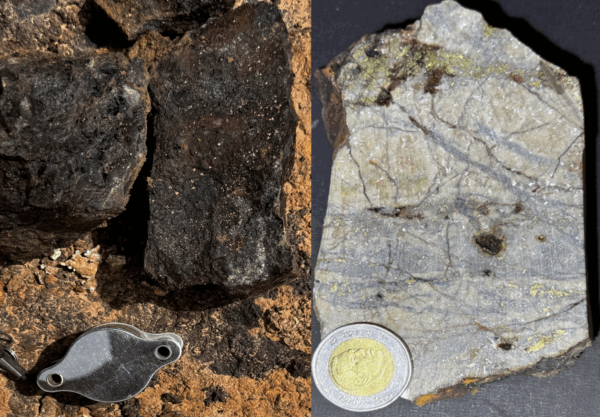MISSISSAUGA, Ontario, June 23, 2025 (GLOBE NEWSWIRE) — Maple Reinders Group, a leading Canadian full-service public and private environmental design, construction, financing, operations and maintenance solutions provider, is pleased to announce the successful divestiture of its majority-owned subsidiary company, AIM Group Ltd., to Convertus Canada. This strategic transaction marks a significant milestone in Maple Reinders’ ongoing commitment to pioneering innovation and fostering sustainable growth in Canada’s environmental infrastructure sector.
For over two decades, the AIM Group has been a key partner in the Maple Reinders portfolio, assisting the firm in delivering advanced and sustainable environmental solutions for public and private clients from coast to coast in Canada. During this time, Maple Reinders together with the AIM Group accomplished some notable achievements in the Canadian environmental construction landscape, including having designed, built, operated and maintained more municipal organics aerobic and anaerobic facilities than any other company in Canada. Further, through this entity, Maple Reinders operated several of Canada’s largest and most advanced municipal organics treatment facilities, processing and managing approximately 10% of Canada’s residential organics waste. The Maple Reinders focus on delivering highly complex environmental projects continues, having recently completed the construction and commissioning of North America’s most advanced municipal organics aerobic digestion facility in Halifax, Nova Scotia, a project for which they also provided design and financing. Maple Reinders will also continue providing extended commissioning, short and long-term temporary facility management, and comprehensive full-scale operations and maintenance of water and wastewater treatment facilities through its wholly owned subsidiary, Maple Facilities Management.
The sale to Convertus Canada aligns with the shared vision of both companies, to realize sustainable waste management practices across North America. “We are proud of the legacy that the AIM Group has built under our stewardship and direction, particularly its contributions to innovative and sustainable organic waste and renewable energy solutions,” said Harold Reinders, President and CEO of Maple Reinders Group. “This sale to Convertus Canada represents an exciting opportunity for the AIM Group to continue its growth trajectory under new ownership, while continuing a close commercial relationship with Maple Reinders, enhancing our offer to include more innovation to a broader market. We are confident that Convertus Canada’s expertise and shared values will ensure the group’s continued success.”
Reuben Scholtens, National Vice-President of Maple Reinders Group, who led the transaction on behalf of Maple Reinders, the majority shareholder, added, “The divestiture of the AIM Group to Convertus Canada is a testament to our strategic vision of aligning with partners who share our commitment to innovation and sustainability. It has been a privilege to oversee the AIM Group’s operations, culminating in this transition, while ensuring a seamless process that positions the AIM Group for continued success under Convertus Canada’s leadership. We look forward to working closely with Convertus on future projects and seeing the AIM Group thrive as a unified part of their portfolio. We are confident that their existing clients will be well-served by Convertus.”
Convertus Canada, a leader in organic waste processing, will integrate the AIM Group’s operations to further enhance its capabilities in delivering environmentally responsible solutions. The acquisition strengthens Convertus Canada’s position as a market leader in sustainable waste management, leveraging the AIM Group’s established expertise and track record.
The terms of the transaction remain confidential, and both companies are committed to ensuring a smooth transition for employees, clients, and stakeholders.
About Maple Reinders Group
Founded in 1967, Maple Reinders is a full-service design and construction solutions provider specializing in civil/environmental infrastructure projects, including water/wastewater treatment plants, organics, and energy-from-waste facilities, and ICI (industrial, commercial, and institutional) projects. With over 2,900 projects completed coast-to-coast, Maple Reinders is recognized as one of Canada’s most trusted and innovative design and construction firms, and one of few full-service public and private infrastructure solutions providers. The firm has consistently earned accolades for excellence, sustainability, and integrity. For more information, visit www.maple.ca.
Media Contact:
Laura Di Paolo
Maple Reinders Group
Phone: 905-821-4844
Email: [email protected]




